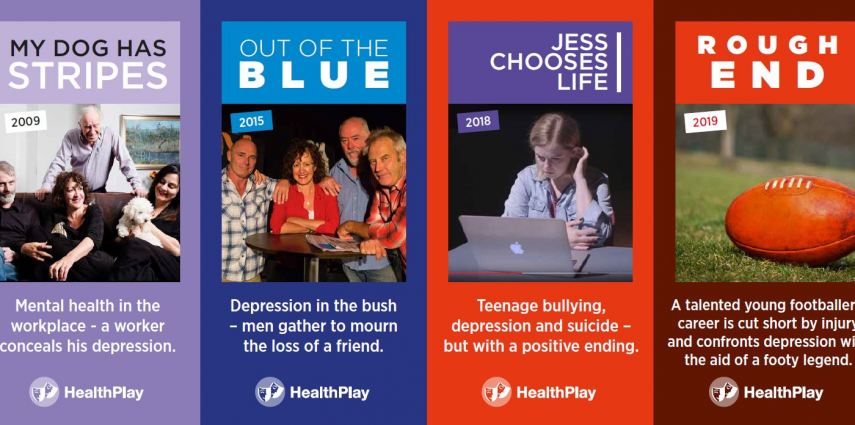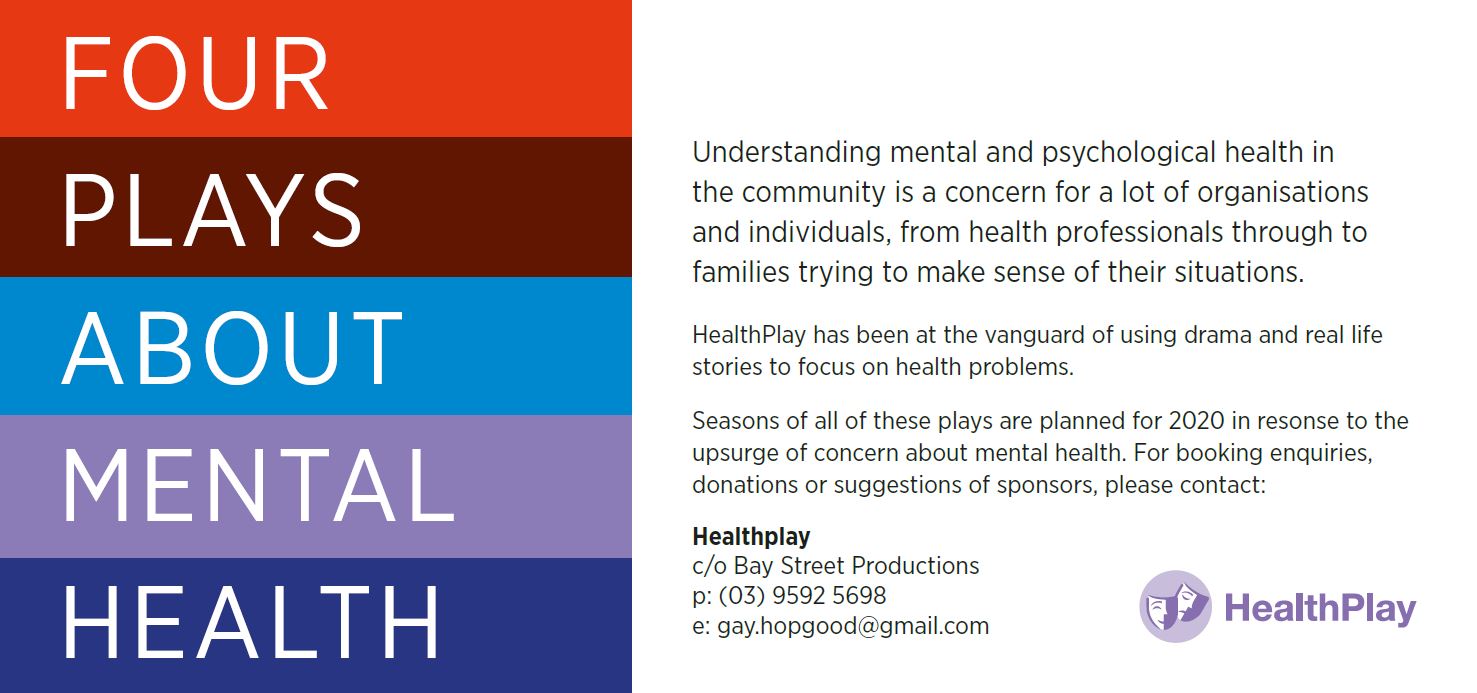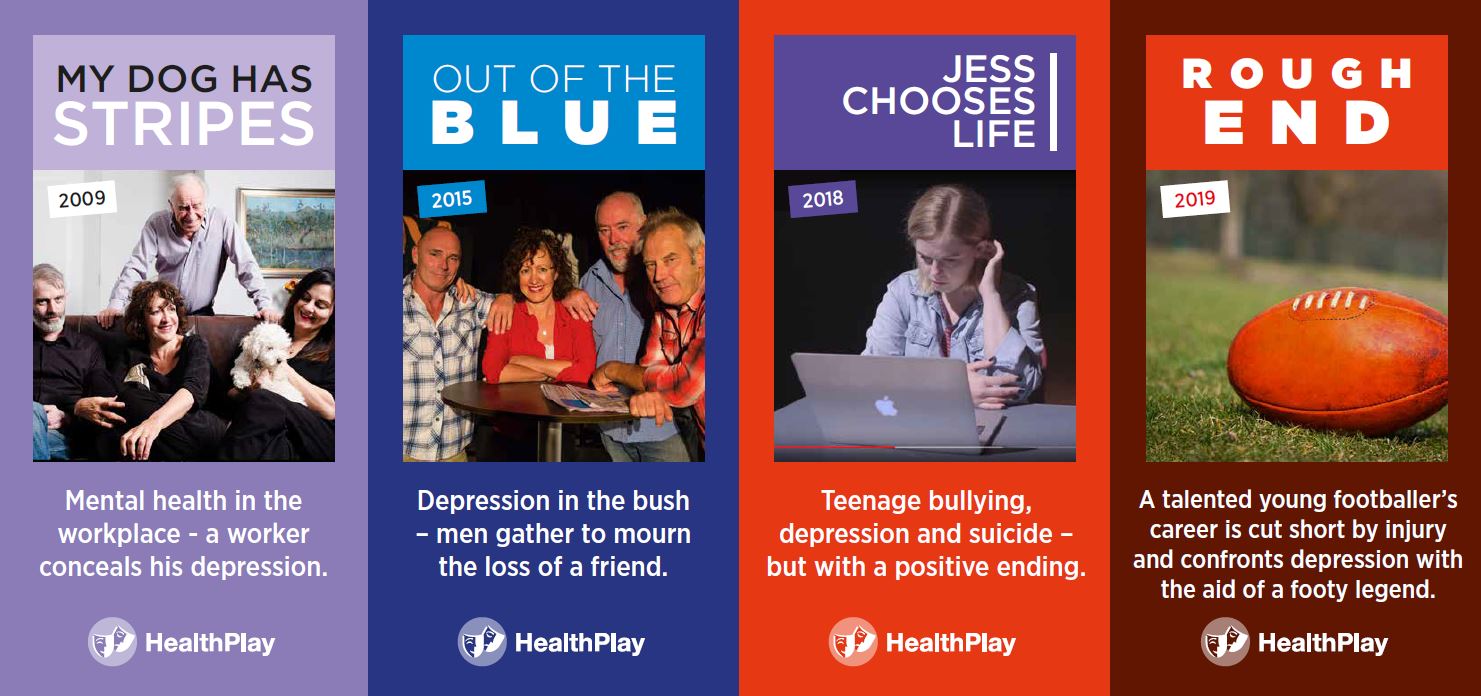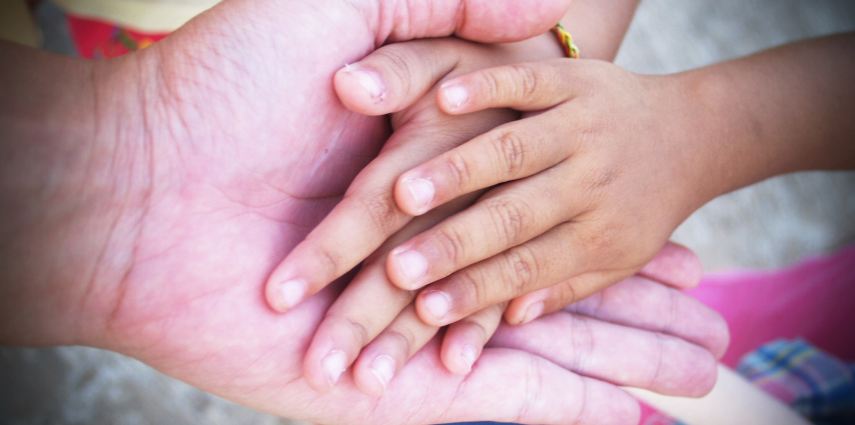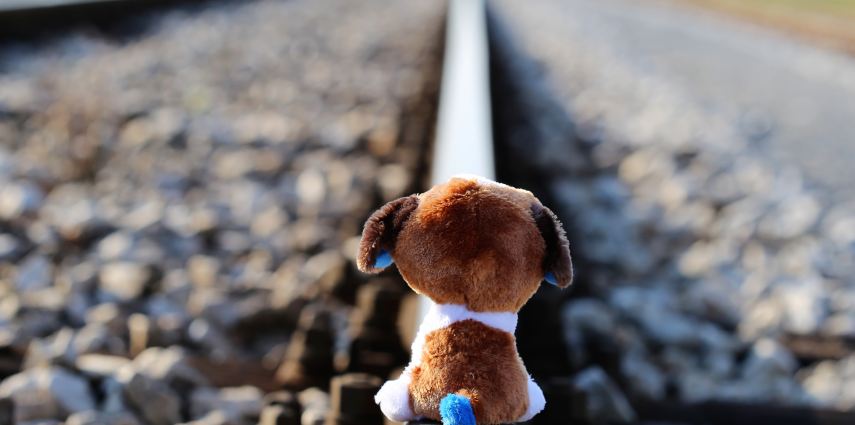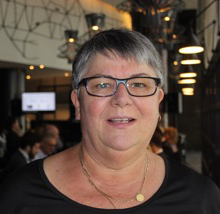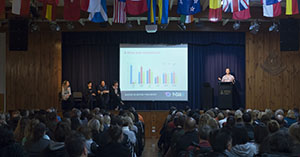What is vaping?
Vaping equipment is also known as: electronic cigarettes, e-cigs, personal vaporisers, e-hookahs, vape pens and vapes.
By Cheryl Critchley
Vaping involves the use of an e-cigarette – a battery operated device that heats a chemical solution that users inhale. Shaped like cigarettes, cigars, pens, USB flash drives, hoodie drawstrings or other common items, e-cigarettes contain e-liquid or ‘e-juice’ that comes in enticing flavours such as chocolate, bubble gum or various fruits.E-liquids contain a range of toxic chemicals, and often contain nicotine even if they are labelled ‘nicotine free’.
Who is doing it?
While older smokers often vape to give up smoking, more young people are also vaping. In Australia between 2016 and 2019, the number of current e-cigarette users aged 15-24 rose by about 72,000 (up 95.7%) to about 147,000.
This is concerning because Research has shown a strong association between e-cigarettes use by non-smoking youth and future smoking.
The dangers
Evidence is mounting that e-cigarettes are not safe.
Results from international studies indicate that they may be linked to lung disease. They don’t produce tar like conventional cigarettes, but many scientists are concerned that they can increase risk of lung disease, heart disease and cancer.
Australia’s Therapeutic Good Administration warns that the impact of wide scale e-cigarette use is not known but could be harmful.
Some overseas studies suggest that those containing nicotine may deliver unreliable doses, or contain toxic chemicals, carcinogens, or leaking nicotine.
Leaked nicotine is a poison hazard for the user and others around them, particularly children. Dangerous and lethal doses can be absorbed through the skin.
The Australian Government’s Department of Health also warns that there is not enough evidence to promote the use of e-cigarettes for smoking cessation. Nor has the TGA approved any e-cigarettes for sale to help people quit smoking.
The TGA says Nicotine Replacement Therapy products have been approved as smoking withdrawal aids, but e-cigarettes have not been assessed. This means their quality, safety and efficacy are not known.
Nicotine-free e-cigarettes have not been assessed for safety.
Hazardous substances in e-cigarette liquids and aerosols include:
- formaldehyde
- acetaldehyde and acrolein, which can cause cancer
- Some chemicals that can damage DNA.
Source: Australian Government Department of Health.
How do you get e-cigarettes?
Vapers import their nicotine from overseas.
From October 2021, they will need a prescription from an ‘authorised prescriber’ GP to legally access nicotine e-cigarettes and liquid nicotine. Child resistant closures for liquid nicotine will also be mandatory.
You can legally import nicotine-containing e-cigarettes, or the liquids used, under the Personal Importation Scheme if they are only used to help you quit smoking and you have a current valid prescription from an Australian-registered medical practitioner.
In most cases, nicotine-free e-cigarettes are legal, but this may vary between states and territories.
Most do not allow e-cigarettes use in places where cigarette smoking is also banned.For more information, the National Health and Medical Research Council (NHMRC) has an e-cigarette statement, the Australian Government has guiding principles and the CSIRO has conducted a literature review.What the expert says
Tobacco control expert Dr Michelle Jongenelis is concerned about the level of vaping by young people. “Australia has seen a tripling in e-cigarette use among adolescents and young adults,” she says.
Dr Jongenelis, a Senior Research Fellow at the Melbourne Centre for Behaviour Change in the University of Melbourne’s School of Psychological Sciences, investigates the pros and cons.
“Few youth are using the devices for smoking cessation purposes, so there really is no legitimate reason for teens and young people to be inhaling harmful chemicals that have a significant impact on their developing brain and health,” she says.
Dr Jongenelis says the new laws are encouraging and hopes they will make it harder for youth to access nicotine-containing e-liquids. “The new laws will not, however, change access to non-nicotine e-liquids,” she says. “These are also harmful, so we need to watch out for youth intake of these e-liquids too.”
Discussing vaping with your kids
- Discuss vaping with your teenager as you do with any other drugs.
- Chat to them about their desire to vape and where it is coming from.
- Is it because they are curious? Because they think it is cool?
- Discuss their beliefs about the outcomes of use.
- Above all, don’t purchase the e-cigarette or e-liquids for them!
Source: University of Melbourne behaviour change expert Dr Michelle Jongenelis


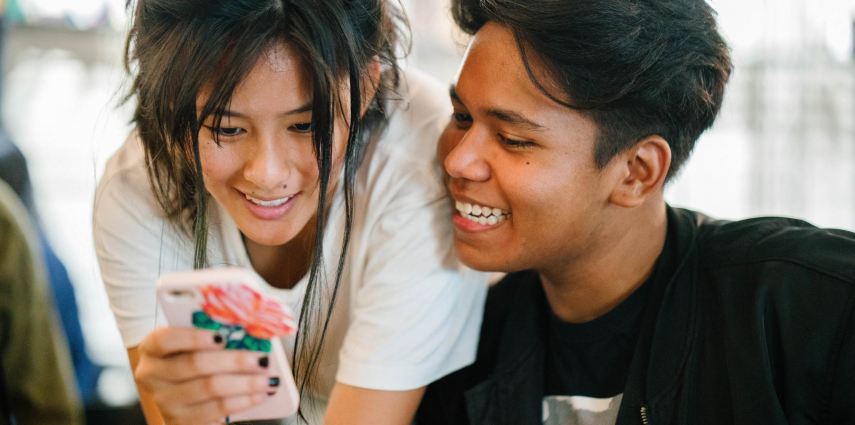
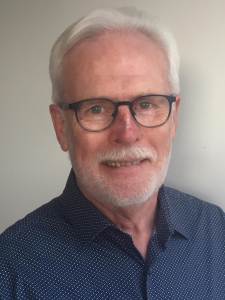 The grandfather of seven, volunteer,
The grandfather of seven, volunteer, 